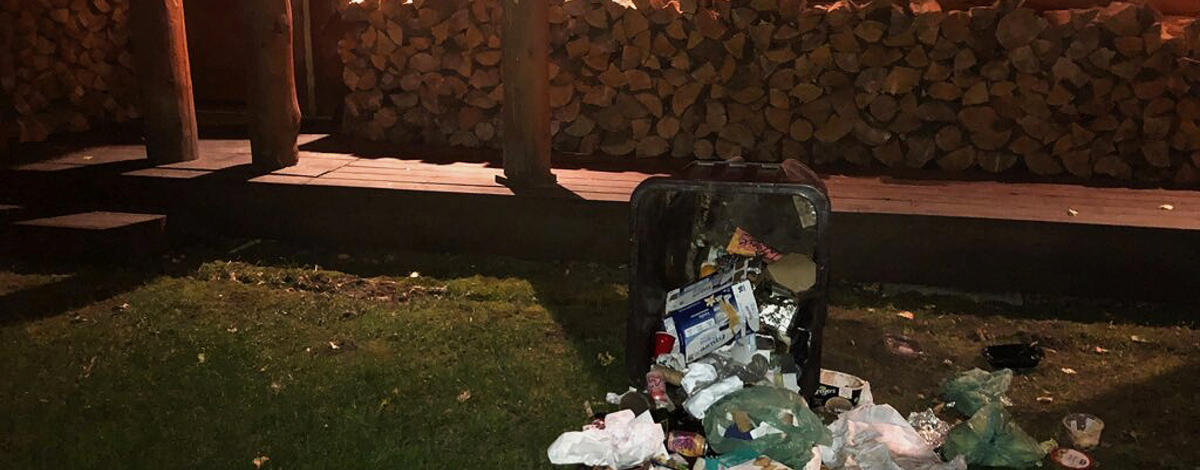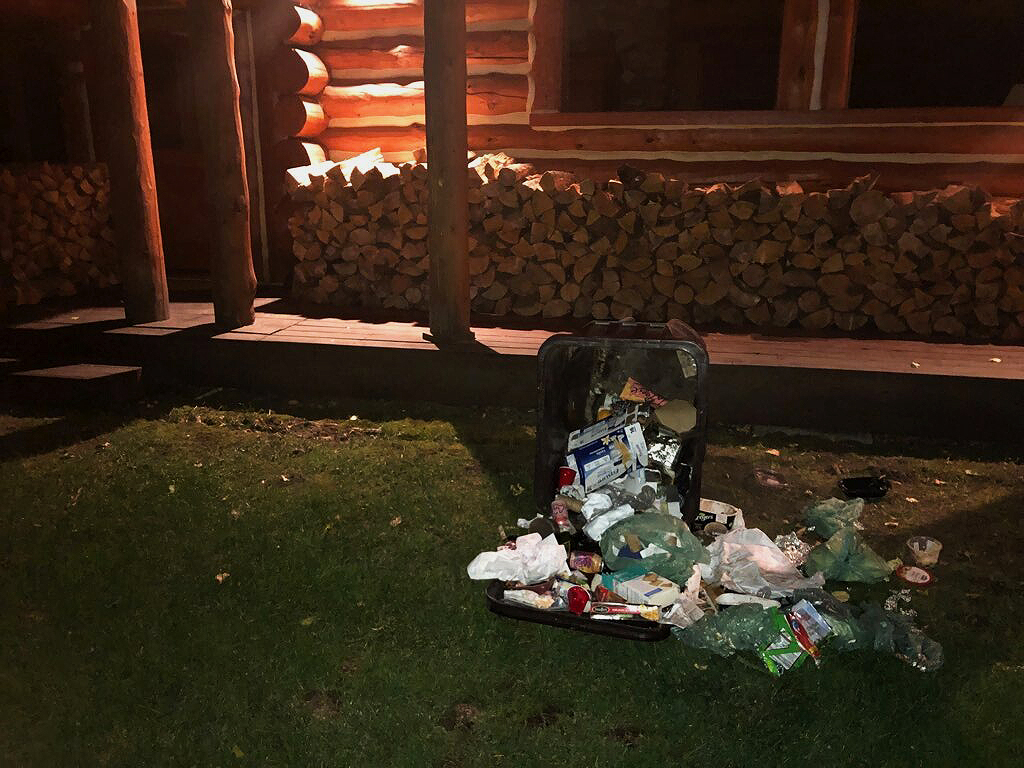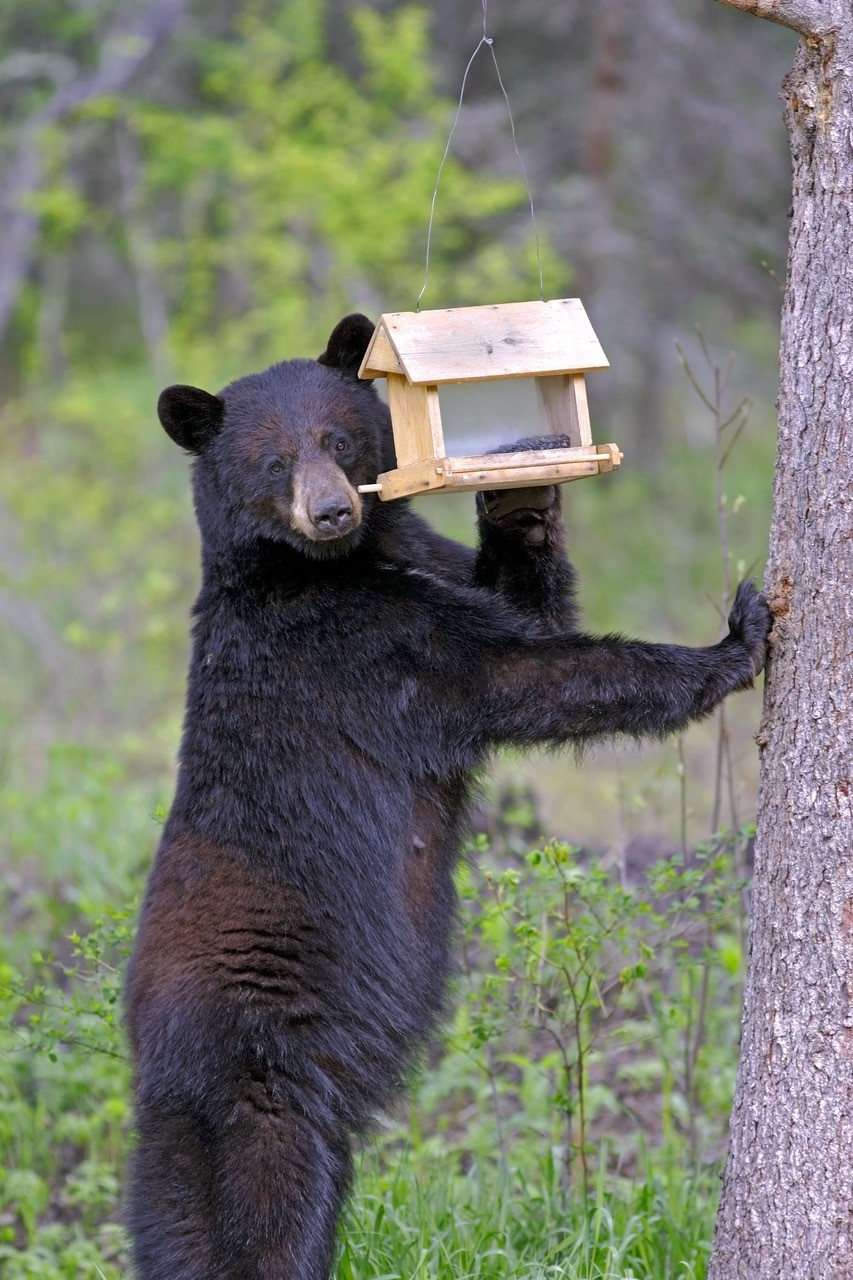While it is exciting to see a bear in the wild, it isn’t so wonderful to have one in your campsite or trashing your cabin barbeque at midnight.
Most conflicts with bears occur from July through September and are linked to careless handling of food and garbage. With thousands of campers, anglers, hikers, and soon-to-be hunters venturing outdoors, Idaho Fish and Game encourages people that most conflicts can be avoided by being extra mindful of their food and garbage. The same cautions apply to homeowners in bear country.



